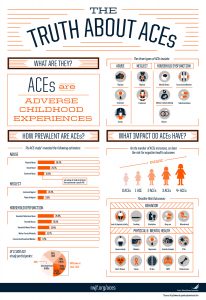This TED talk is a good introduction to Adverse Childhood Experiences, also known as ACEs.
Adverse Childhood Experiences

Adverse Childhood Experiences, also known as ACEs, have become a way to describe how anyone’s childhood continues to impact them. For abused and neglected children, we know that this impact is deep and profound. Here’s some of what we have learned about ACEs.
Adverse Childhood Experiences (ACEs) are common. Almost two-thirds of study participants reported at least one ACE, and more than one in five reported three or more ACEs.
The ACE score, a total sum of the different categories of ACEs reported by participants, is used to assess cumulative childhood stress.
- There are three types of ACEs: abuse, neglect and household dysfunction.
- As the number of ACEs increases, the risk for negative health outcomes increases — even into adulthood.
- Of those studied across the socio-economic spectrum, about 20% had experienced physical abuse, sexual abuse, household substance abuse, parental divorce and/or household mental illness.
- Children entering the foster care system are already vulnerable and at risk of experiencing ACEs during foster care. Source.
Examples of ACEs (referring to the respondent’s first 18 years of life) include:
- Abuse
- Emotional abuse: A parent, stepparent, or adult living in your home swore at you, insulted you, put you down, or acted in a way that made you afraid that you might be physically hurt.
- Physical abuse: A parent, stepparent, or adult living in your home pushed, grabbed, slapped, threw something at you, or hit you so hard that you had marks or were injured.
- Sexual abuse: An adult, relative, family friend, or stranger who was at least 5 years older than you ever touched or fondled your body in a sexual way, made you touch his/her body in a sexual way, attempted to have any type of sexual intercourse with you.
- Household Challenges
- Mother treated violently: Your mother or stepmother was pushed, grabbed, slapped, had something thrown at her, kicked, bitten, hit with a fist, hit with something hard, repeatedly hit for over at least a few minutes, or ever threatened or hurt by a knife or gun by your father (or stepfather) or mother’s boyfriend.
- Household substance abuse: A household member was a problem drinker or alcoholic or a household member used street drugs.
- Mental illness in household: A household member was depressed or mentally ill or a household member attempted suicide.
- Parental separation or divorce: Your parents were ever separated or divorced.
- Criminal household member: A household member went to prison.
- Neglect
- Emotional neglect: For a significant period of time, no one helped you feel important or special; your family was not a source of strength and support.
- Physical neglect: For a significant period of time, no one took care of you, protected you, and took you to the doctor if you needed it, you didn’t have enough to eat, your parents were too drunk or too high to take care of you, and/or you had to wear dirty clothes.
Long-term ramifications of ACEs include the following (the more ACEs, the higher the likelihood):
-
- Alcoholism and alcohol abuse, illicit drug use
- Depression, suicide attempts
- Health-related quality of life, chronic obstructive pulmonary disease, liver disease, ischemic heart disease, early initiation of smoking, smoking
- Poor academic achievement, poor work performance, financial stress
- Early initiation of sexual activity, sexually transmitted diseases, risk for sexual violence, multiple sexual partners
- Unintended pregnancies, adolescent pregnancy, fetal death
Note that our links to sources are accurate at the time we post them. If you encounter a link that does not work, or have questions about the statistics we use, please contact ProKids.


 Like us on Facebook
Like us on Facebook Send us an email
Send us an email
